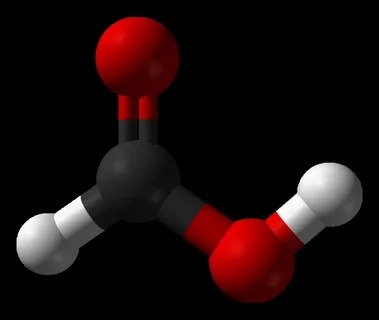THE LARGEST PROMINENT MANUFACTURER
OF TEXTILE INDUSTRIAL CHEMICALS IN PAKISTAN
AND IS INVOLVED IN FULFILLING THE
NEEDS OF DIVERSIFIED TEXTILE INDUSTRIAL
CHEMICALS.
Projects
I.n Chemicals
Manufacturer of Formic acid 85%, Glacial Acetic acid 99.8% and Sodium Sulphate 99.5%

Formic Acid 85%

Glacial Acetic acid 99.8%

Sodium Sulfate 99.5%
Introduction
I.n Chemicals is a leading manufacturer and supplier of high-quality textile chemical tailored for the textile industry. Our commitment to innovation and excellence ensures that we deliver premium products to meet the diverse needs of our clients. With a focus on sustainability and efficiency, Chemicals is dedicated to providing eco-friendly solutions that enhance fabric processing and finishing.
Our Expertise
I.n Chemicals, we specialize in creating chemical products that address a wide range of textile processing requirements. Our products are designed to optimize production processes, ensure fabric quality, and meet stringent environmental standards.
Our Manufacturing Products
Formic Acid 85%
This colorless,organic acid occurs naturally in various sources, such as ant venom and certain bacteria. Additionally, formic acid has wide-ranging applications and is frequently used in industries including textile dyeing, leather tanning, and rubber production. Formic acid has many industrial uses, including:
Textile dyeing: Formic acid is used as a reducing agent to enhance the colorfastness of dyes on silk and wool.
Leather tanning: Formic acid is used in the pickling process, which is the initial stage of tanning.
Rubber production: Formic acid is used as a coagulating agent for natural latex.
Livestock feed: Formic acid is used as a preservative and antibacterial agent to prevent bacterial and fungal growth.
Cleaning: Formic acid is used in place of mineral acids for various cleaning products, such as limescale remover and toilet bowl cleaner.
Pesticides: Formic acid is used as a pesticide to treat and control mites that infest honey bee hives.
Electroplating: Formic acid is used in electroplating.
Organic esters: Formic acid is used in the preparation of organic esters.
Antiseptic: Formic acid is used as an antiseptic in wine and beer brewing.
Formic acid is also used in wart removal treatments, and may be found in household descalers.
Acetic Acid 99.8%
Acetic acid has many industrial uses, including:
Pharmaceuticals: Used as a solvent to formulate drugs and pharmaceutical compounds
Coatings: Used to produce lacquers, paints, varnishes, and coatings
Food industry: Used in pickling, condiments, and as a seasoning
Plastics: Used to produce acetate plastics, adhesives, and sealants
Preservative: Used to inhibit the growth of bacteria
Textile industry: Used to increase dye stability on cloth and as a solubilizing agent for water-insoluble Basic Dyes
Chemical manufacturing: Used to produce chemical compounds like vinyl acetate monomer, ester, and polymeric materials
Inks and dyes: Used to manufacture inks and dyes
Fragrances: Used to manufacture fragrances
Rubber and plastic factories: Used in the manufacturing process
Agriculture: Used as a herbicide and weed killer
Acetic acid is not harmful at low concentrations, such as those found in vinegar and processed food products. However, contact with highly-concentrated acetic acid can cause burns.
Sodium Sulphate 99.5%
Sodium sulfate is a versatile chemical compound with many uses, including:
Manufacturing: A key ingredient in the production of detergents, paper, and glass
Drying: Used to dry organic liquids
Fining: Removes air bubbles from molten glass
Laxative: Glauber’s salt, the decahydrate form of sodium sulfate, was used as a laxative to remove drugs like acetaminophen from the body
Defrosting: Used to defrost windows
Carpet freshener: Used in carpet fresheners
Cattle feed: Used as an additive to cattle feed starch
Medication: Used to cleanse the bowels before colonoscopies or X-ray exams of the bowels
Sodium sulfate is a neutral, non-toxic, and highly soluble salt that is chemically stable and unreactive to most oxidizing or reducing agents at normal temperatures.




